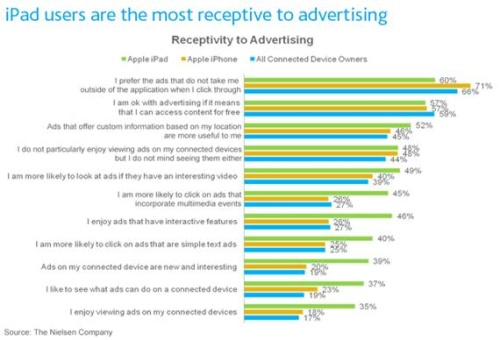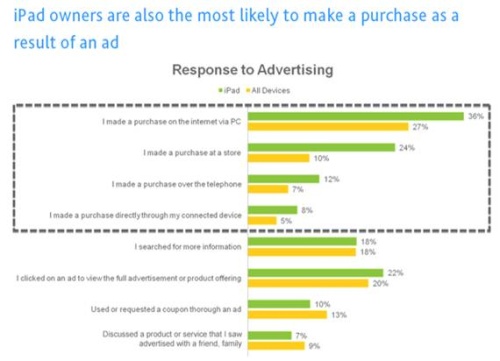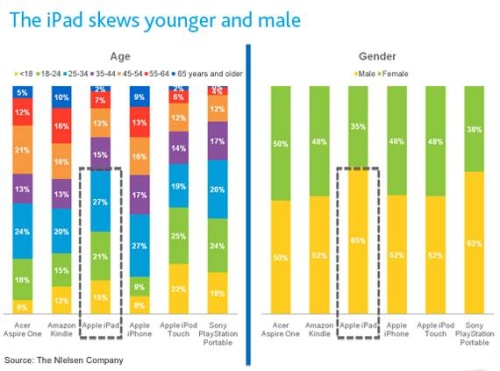Study: For Boomers Optimism and Social Conscience of brands is key

Marko Greitschus / pixelio.de
The survey polled 200 men and women (35 – 64) to find out what drives this audience towards certain brands and how this might affect the purchasing decision process. The message is: We don’t forget those brands we had when we were young. Our personalities are closely connected with these brands – especially if these brands were associated with positive messages.
“Marketers need to ask themselves if they’re missing the boat when it comes to Boomers. Are they offering them optimism and social conscience, and are they identifying with inherent qualities of their youths? Think of the impact that kind of thinking could have for sports retailers or restaurant chains for instance.” Julie Halpin, Founder and CEO, The Geppetto Group
The study sums up three major findings that are important to know for marketers…
1. 66% of adults are looking for brands that express their personality
For the GenXers and Boomers technology brands express what their personality stands for. Especially if the brands are going hand-in-hand with expressing youthful qualities. Brands like Apple, Dell, Sony and HP were good reflections of their inner selves. And also Levi Jeans are still popular for them, not so much fashion brands like Diesel or Seven for all Mankind.
2. 57% of adults are challenging brands to surprise and delight them
The study finds that Boomers get exhited about brands that for younger generation might come along as boring. For Boomers brands like Swiffer, Keurig and Under Gear can be surprising again, the study reads. On this point I would have loved to get a clearer picture of how the argumentation
3. Optimism and (corporate) social ethics are important for Boomers
Are these values becoming more and more important, the more people experience in life? Is this because you think more about life, the older you get? The study states that brands that incorporate optimism and social responsibility in their messaging score 12-13 points higher for Boomers than for the Gen Xers.
Spot On!
Buying brands people always want to make a statement about their personality. Some to bolster their identity, some to define their personality – some to show off. Brands play a massive role in the process of self-definition in our global value system. If Boomers purchase products we used to think that trust and reliability plays a big role in the purchase process. The study now illustrates that the messages the “In” brands spread out, don’t necessarily reach the Boomers that are more aligned with the brands of the past, and might be embracing optimistic messaging than just running after the “latest and greatest” of the younger generation. For me it also makes clear that the value system of brands needs to be reviewed.



